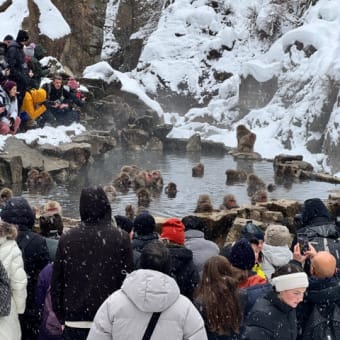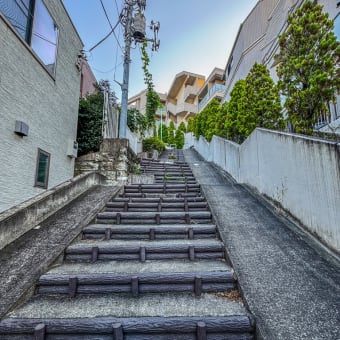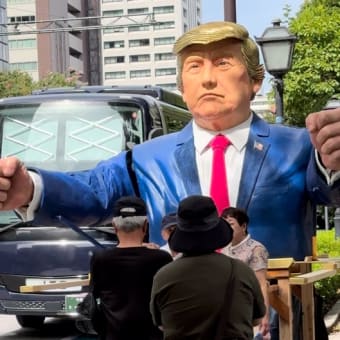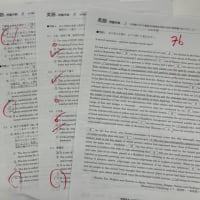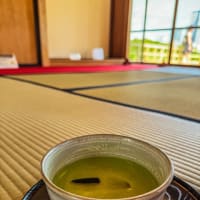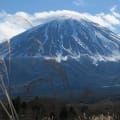The Emperor plays no part in guiding the course of national politics, but he does perform state functions of a formal and ceremonial nature. These include the appointment of the prime minister and chief justice of the Supreme court, convocation of the Diet, and promulgation of laws. He also meets with visiting royals and heads of state, receives foreign ambassadors and envoys.
The Emperor attends prize-giving, tree-planting, and other events. He presides over many activities, including meetings with the public, tea-ceremony gatherings, ceremonial meals, and poetry readings.
The Emperor makes visits to war memorials to pray for the repose of the victims of conflict, and disaster-stricken areas to meet with residents.
Other essential duties of the Emperor include promoting traditional cultures, such as Waka poetry and court rituals performed in the Shinto style.
Between official tasks, the Emperor also conducts academic research.
The Emperor attends prize-giving, tree-planting, and other events. He presides over many activities, including meetings with the public, tea-ceremony gatherings, ceremonial meals, and poetry readings.
The Emperor makes visits to war memorials to pray for the repose of the victims of conflict, and disaster-stricken areas to meet with residents.
Other essential duties of the Emperor include promoting traditional cultures, such as Waka poetry and court rituals performed in the Shinto style.
Between official tasks, the Emperor also conducts academic research.

